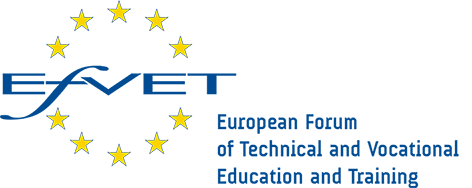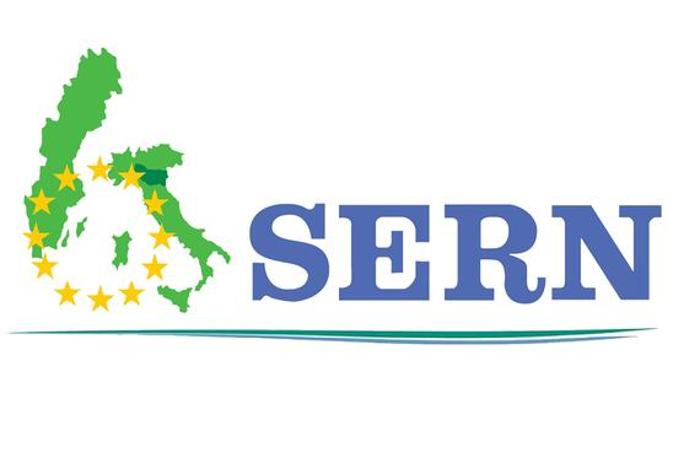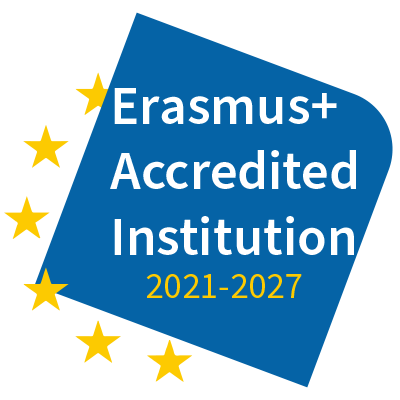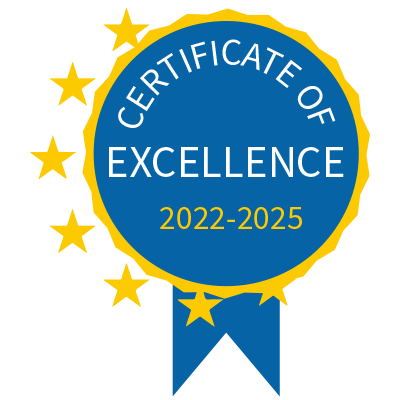
In order to access international mobility projects with a long-term strategy, it is necessary to have a KA120 Erasmus+ accreditation. The accreditation guarantees the quality and sustainability of the initiatives promoted, fostering cooperation and the development of intercultural and professional skills among participants.
What is accreditation in detail?
What is the Erasmus+ accreditation
The Erasmus+ accreditation is an instrument that enables the applicant organisation to access international mobility projects funded by the KA1 action, supporting the mobility of students and school staff and promoting training and learning experiences abroad.
In order to obtain the Erasmus+ accreditation, it is necessary to draw up an Erasmus plan, i.e. a 5-year plan to carry out high quality mobility activities aimed at the development and improvement of one’s own organisation.
There are two main advantages to this:
The organisation can count on stable funding, an economic support for new mobilities, renewed every year
Having a long-term strategy, allowing the organisation to increase and explore new potentials and invest in the future
Who can apply for the Erasmus+ accreditation
The main condition to apply for the Erasmus+ accreditation is that the applicant has an establishment in a EU member state or in a third country associated with the programme.
Applicants may apply as individual organisations or as coordinators of a mobility consortium.
Having said that, in order to understand who can apply for accreditation, it is important to make a difference based on the sector the organisation operates in.
KA120-VET
In the field of vocational education and training (code KA120-VET):
organisations providing initial and continuing vocational education and training;
local and regional public authorities, coordinating bodies and other organisations with a role in this field;
enterprises and other public or private organisations hosting, training or working with learners and apprentices.
KA120-SCH
In the field of school education (code KA120-SCH):
pre-primary, primary and secondary schools of general education;
local and regional public authorities, coordinating bodies and other organisations with a role in this field.
KA120-ADU
In the field of adult education (code KA120-ADU):
organisations providing formal and informal adult education;
local and regional public authorities, coordinating bodies and other organisations with a role in this field.
Mobility consortium
A mobility consortium is defined as a group of organisations from the same country carrying out mobility activities in the framework of a joint Erasmus plan.
Each mobility consortium is coordinated by a lead organisation, i.e. a consortium coordinator holding an Erasmus accreditation.
Mobility consortium coordinators can organise activities themselves (like any organisation with individual accreditation) and can propose mobility opportunities to other organisations that do not have an Erasmus accreditation.
Applicants applying as a mobility consortium must indicate the purpose and the intended formation of their consortium in their application .
Supporting organisations
A supporting organisation is an organisation which assists other organisations with the practical aspects of a project implementation, aspects which are not related to the main tasks defined in the Erasmus Quality Standards.
The supporting organisation acts under the supervision of the accredited organisation, which remains ultimately responsible for the outcome and the quality of the implemented activities.
In a mobility consortium, for example, supporting organisations are considered to be such if they carry out tasks related to the mobility activities for participants who work or are registered with other organisations in the consortium.
How to have the Erasmus+ accreditation
As mentioned above, in order to obtain the Erasmus+ accreditation, it is necessary to draw up an Erasmus plan, i.e. a document setting out a long-term strategy and subscribing to the European quality standards for the implementation of mobility activities.
An organisation can only apply once in each of the three fields covered by the call (adult education, vocational education and training, school education).
Organisations wishing to apply in more than one field must submit separate applications for each field.
The application is submitted through a web form, an electronic form to be filled-in entirely online, on the European portal for applicants and beneficiaries.
Here are the steps to follow: in order to access the online web form, create a EU Login account or use one already created, it should preferably be an institutional account; register the organisation on the European ORS Platform, in order to obtain an OID (Organization ID) code, which will be included in the application – the OID code is valid for all Erasmus+ applications; fill-in the application form: select Erasmus+ – Opportunities and the field of interest, in order to access every available web form with open deadlines; print, sign by a legal representative and scan the declaration of honour; submit online to the local Erasmus+ National Agency by the given deadline.
Once you have obtained the accreditation as an individual institution or as a consortium coordinator, you only need to submit an annual grant request to the local Erasmus+ National Agency.
For the grant request, identified with code KA121, you only need some basic information such as the number of participants and the type of activities planned.
How to prepare for the application for Erasmus+ accreditation
If you do not know where to start when planning your application for accreditation, the first step you can take is to explore the European platform for Erasmus+ projects results.
On this platform you will be able to view outstanding projects identified by the National Agencies as good practices, browse through them on the map and create a collection of interesting projects you can download.
The Erasmus+ Programme offers further tips on how to plan a good project:
create a project team within the school or organisation, in order to define how to manage the whole project;
focus on the extent in which staff and student mobilities can be included in a broader plan for the organisation, analysing the organisations needs on internationalisation and on how to improve the quality of the school as a whole;
In this phase, it is important to define the objectives based on the detected needs, while highlighting the European added value; plan the staff and students mobilities starting from the beginning of the school year; choose the type of activities for the staff and students mobilities, based on what is more functional for the school.
Once you have planned the mobilities and have decided which activities to carry out, you need to make a chronological plan that takes into account the periods of time needed for preparation and dissemination, according to the duration of the project.
You also need to plan a budget: what will be evaluated is its consistency with the project and the planned activities, not the total amount as such. Remembre to share the choices made and the direction you want to give to the project;
A communication plan inside and outside the school is necessary: dissemination is important to spread the results of mobility activities and the project as a whole.
Evaluation of the application for accreditation
The evaluation of an application for accreditation in the Erasmus programme follows quality criteria defined by the European Commission and applied by the Erasmus national agencies. There is no maximum number of organisations that can be accredited, which makes the process accessible to all eligible organisations, regardless of their size or geographical location.
It is important to note that the evaluation criteria may vary slightly from national agency to national agency, although they follow common principles of quality and transparency. Detailed information on the evaluation criteria is available on the websites of the Erasmus National Agencies, where organisations can find specific guidelines for preparing applications for accreditation.
It is essential that the organisations demonstrate that they have a long-term strategy and that they promote international mobility for students and educational staff. Once accredited, the organisations are authorised to implement Erasmus projects that foster transnational cooperation and the enrichment of participants’ educational and professional experiences.














